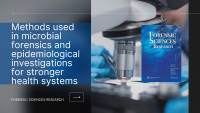Establishing and maintaining a national microbial forensic system to strengthen capacities in conducting forensic and epidemiological investigations should be prioritised by all countries, accompanied by a national policy that sets the legislative framework and provides for the system’s financial requirements.
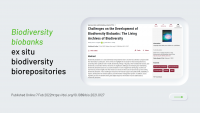
Challenges on the Development of Biodiversity Biobanks: The Living Archives of Biodiversity
In this review, we highlight the necessity for biodiversity biorepositories by presenting their significant role in health, biodiversity, linking of big data, other translational research, and biodiversity conservation efforts.
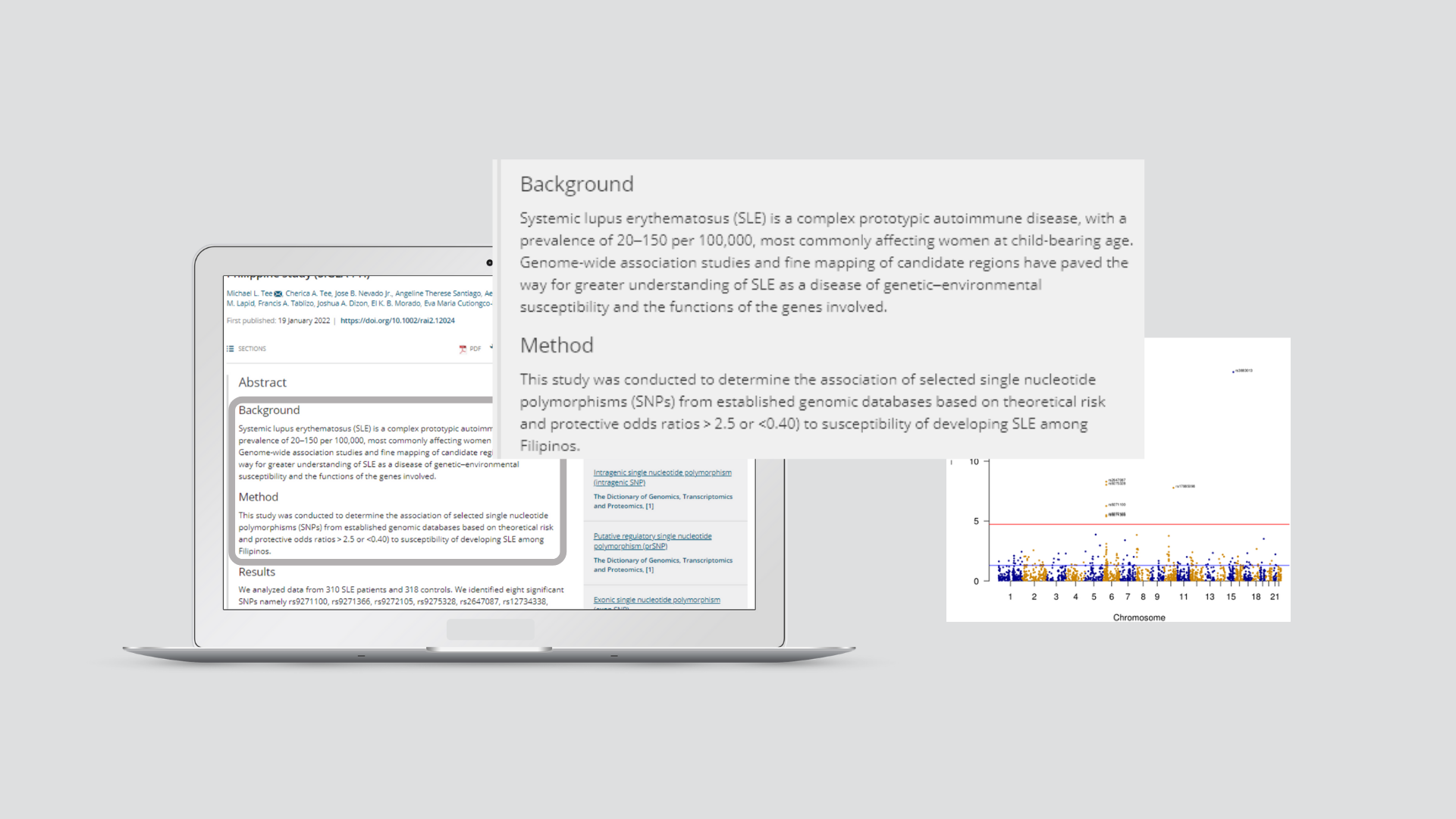
Single nucleotide polymorphism (SNP) in genes of lupus: A Philippine study (SIGLA-PH)
Eight SNPs were found to be associated with the development of SLE among Filipinos. Similar to previous genetic studies in lupus patients, majority of the SNPs were found in the major histocompatibilty complex genes in the HLA region. Our study identified two unique SNPs that will be validated as potential diagnostic markers for SLE. The findings of this study may contribute to the development of a polygenic risk score in determining susceptibility to SLE among Filipinos.
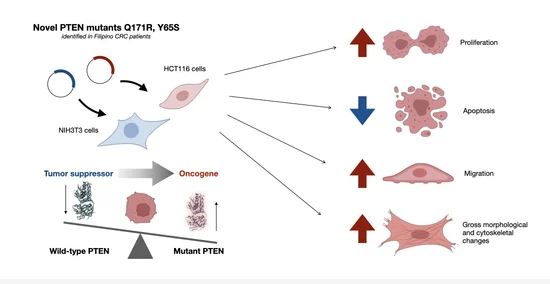
The Novel Phosphatase Domain Mutations Q171R and Y65S Switch PTEN from Tumor Suppressor to Oncogene
Phosphatase and tensin homolog deleted on chromosome 10, or PTEN, is a well-characterized tumor suppressor with both lipid and protein phosphatase activities. PTEN is often downregulated by epigenetic mechanisms such as hypermethylation, which leads to constitutive activation of the PI3K–Akt pathway.
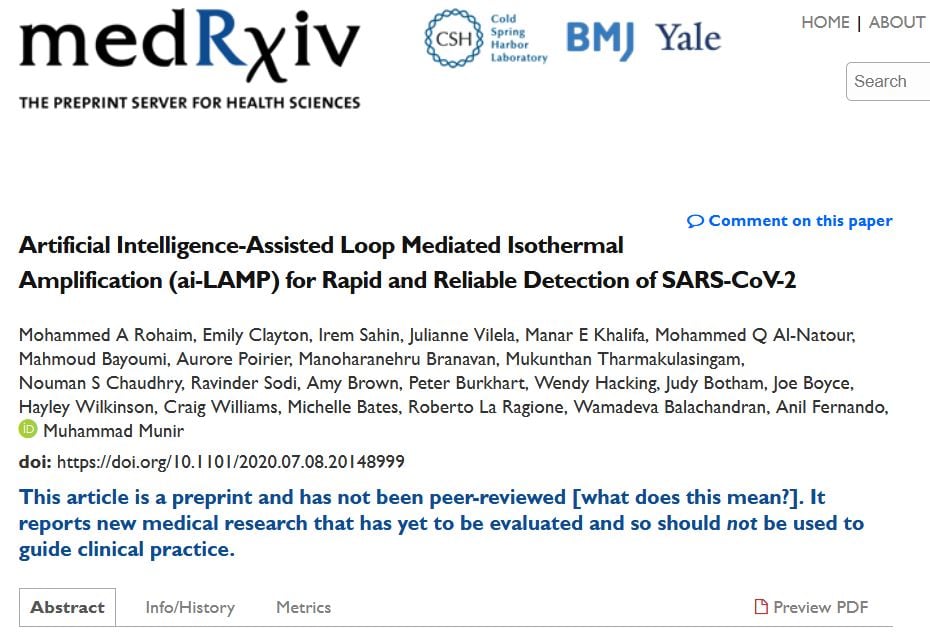
Artificial Intelligence-Assisted Loop Mediated Isothermal Amplification (ai-LAMP) for Rapid and Reliable Detection of SARS-CoV-2
Until vaccines and effective therapeutics become available, the practical way to transit safely out of the current lockdown may include the implementation of an effective testing, tracing and tracking system. However, this requires a reliable and clinically validated diagnostic platform for the sensitive and specific identification of SARS-CoV-2.
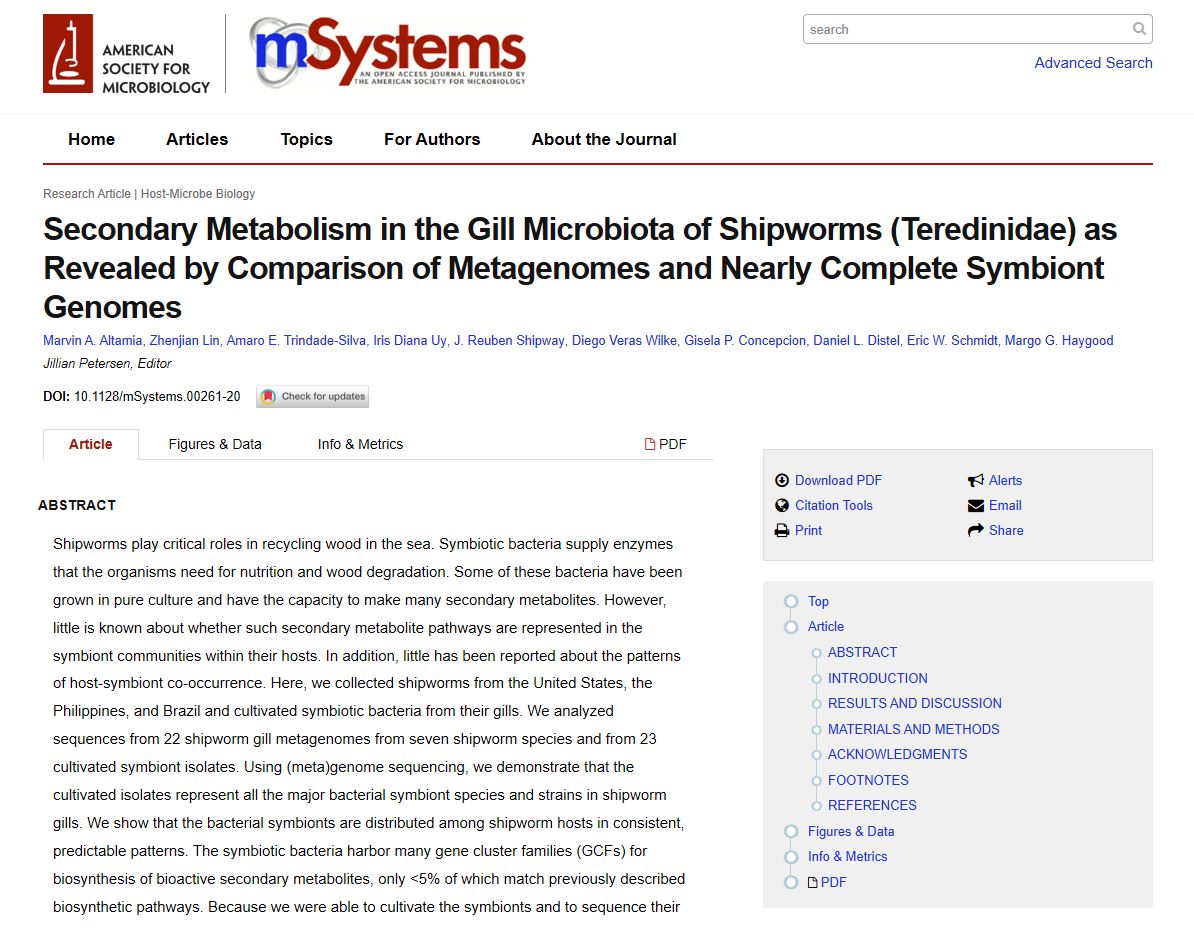
Secondary Metabolism in the Gill Microbiota of Shipworms (Teredinidae) as Revealed by Comparison of Metagenomes and Nearly Complete Symbiont Genomes
Shipworms play critical roles in recycling wood in the sea. Symbiotic bacteria supply enzymes that the organisms need for nutrition and wood degradation. Some of these bacteria have been grown in pure culture and have the capacity to make many secondary metabolites. However, little is known about whether such secondary metabolite pathways are represented in the symbiont communities within their hosts.

Draft Genome Sequence of Multidrug-Resistant Vibrio parahaemolyticus Strain PH698, Infecting Penaeid Shrimp in the Philippines
The emergence of multidrug-resistant bacterial strains in diverse settings has been reported globally. In the Philippine shrimp aquaculture industry, antibiotics are used for the treatment of bacterial diseases during the production cycle. We report the draft genome of Vibrio parahaemolyticus PH698, a multidrug-resistant strain isolated from a Philippine shrimp farm.
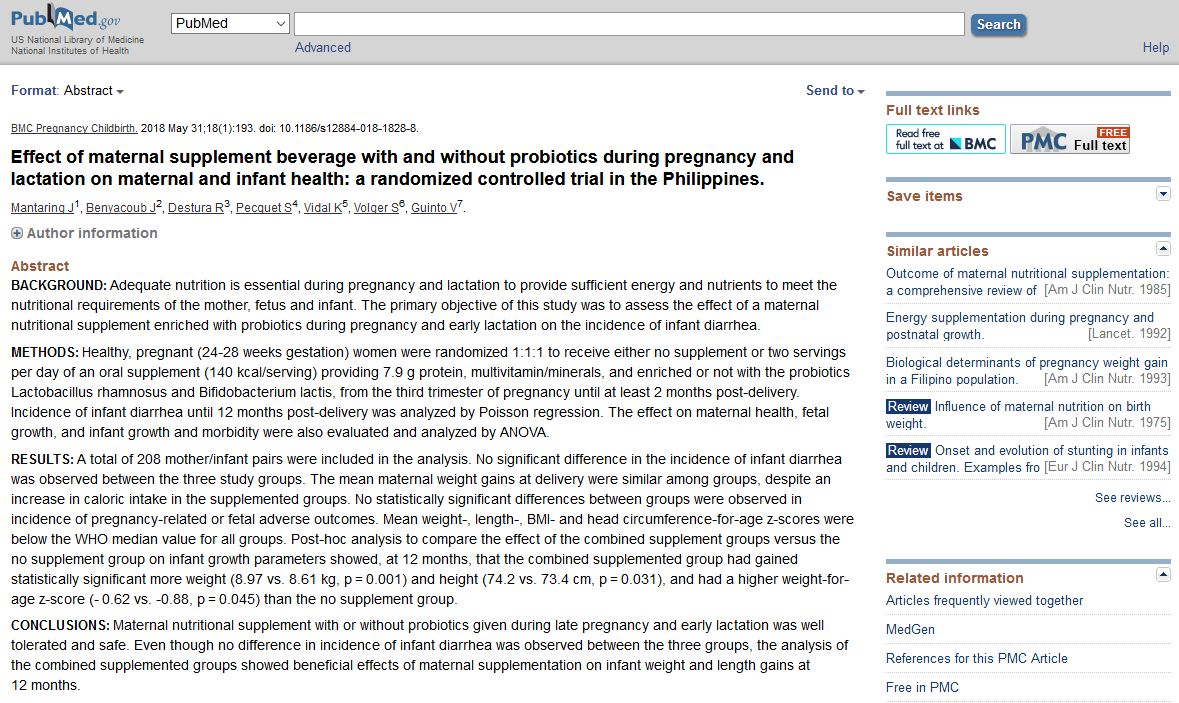
Effect of maternal supplement beverage with and without probiotics during pregnancy and lactation on maternal and infant health: a randomized controlled trial in the Philippines
Adequate nutrition is essential during pregnancy and lactation to provide sufficient energy and nutrients to meet the nutritional requirements of the mother, fetus and infant.

Whole-genome sequencing and single nucleotide polymorphisms in multidrug-resistant clinical isolates of Mycobacterium tuberculosis from the Philippines
Thousands of cases of multidrug-resistant tuberculosis (TB) have been observed in the Philippines, but studies on the Mycobacterium tuberculosis (MTB) genotypes that underlie the observed drug resistance profiles are lacking. This study aimed to analyse the whole genomes of clinical MTB isolates representing various resistance profiles to identify single nucleotide polymorphisms (SNPs) in resistance-associated genes.
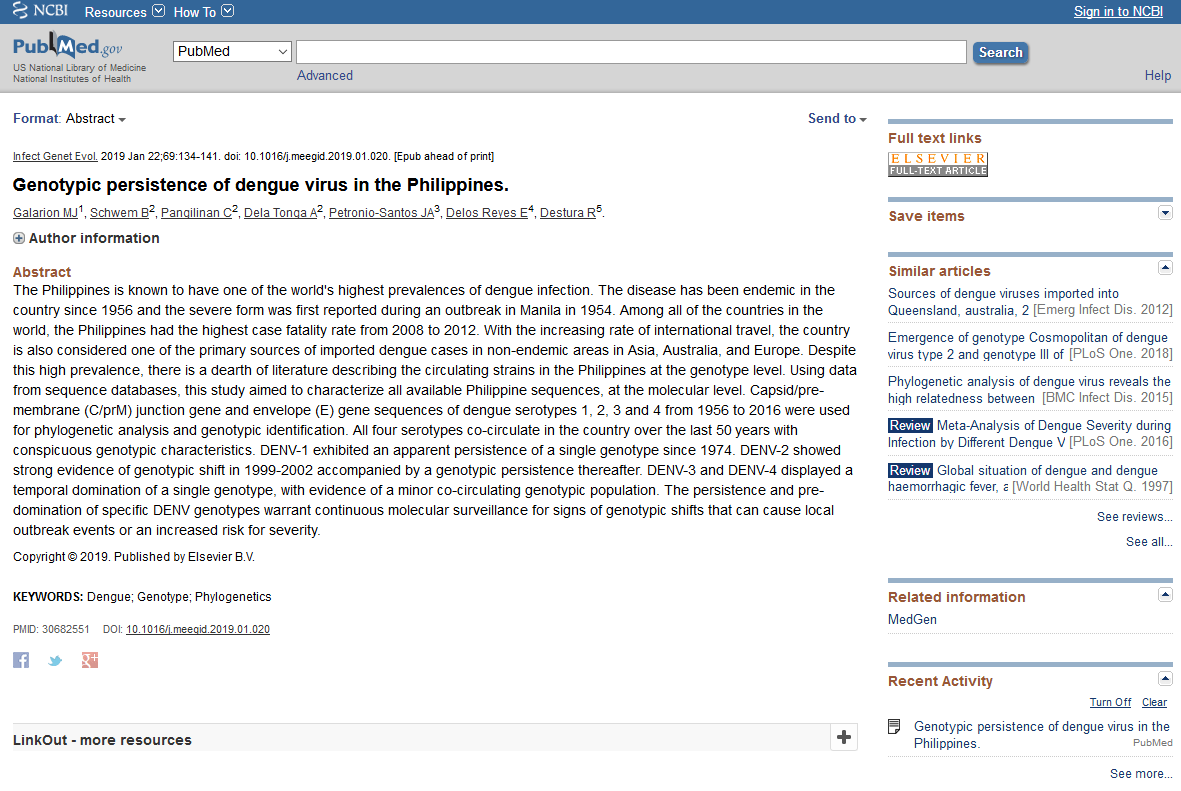
Genotypic persistence of dengue virus in the Philippines
The Philippines is known to have one of the world’s highest prevalences of dengue infection. The disease has been endemic in the country since 1956 and the severe form was first reported during an outbreak in Manila in 1954.

